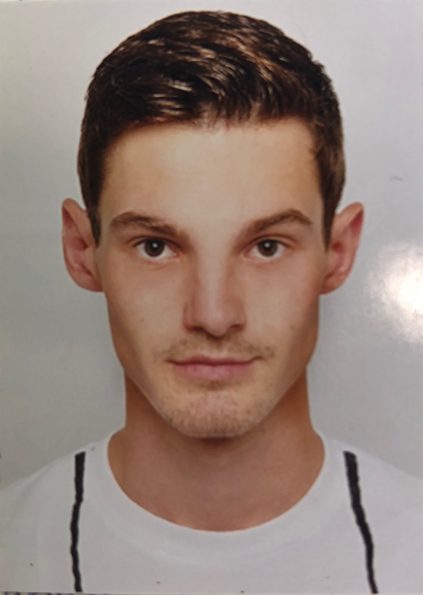Markus Terrey
Education
- M.S., University of Duisburg-Essen, Germany, 2012
Biosketch
As a cell biologist, my research interests range from the fundamental mechanisms of RNA metabolism to their dysregulation in aging and disease such as neurodegeneration. More precisely, I have been focusing on cellular localization and sequestration of RNAs and proteins in so-called “RNA granules” that include stress granules, processing bodies (P-bodies), and perinuclear granules (P-granules). Such RNA granules are important for the regulation of RNA stability, and translation. I have developed my knowledge of various techniques that will be useful in studies of RNA metabolism, including cell biology, RNA-Seq, and the use of genetically modified organisms (C.elegans and the laboratory mouse). In my current research project, I am analyzing the regulation of ribosomal function and its impact on translation, ribosome stalling and neuronal development. My long-term objective is to deepen our understanding of basic cellular processes and their involvement in human health and disease.
Selected Publications
- Vo M-NN, Terrey M, Lee JW, Roy B, Moresco JJ, et al. (2018) ANKRD16 prevents neuron loss caused by an editing-defective tRNA synthetase. Nature 557: 510–515.
- Andralojc KM, Campbell AC, Kelly AL, Terrey M, Tanner PC, et al. (2017) ELLI-1, a novel germline protein, modulates RNAi activity and P-granule accumulation in Caenorhabditis elegans. PLoS Genet 13: e1006611.
- Kaehler C, Isensee J, Nonhoff U, Terrey M, Hucho T, et al. (2012) Ataxin-2-like is a regulator of stress granules and processing bodies. PLoS ONE 7: e50134.


